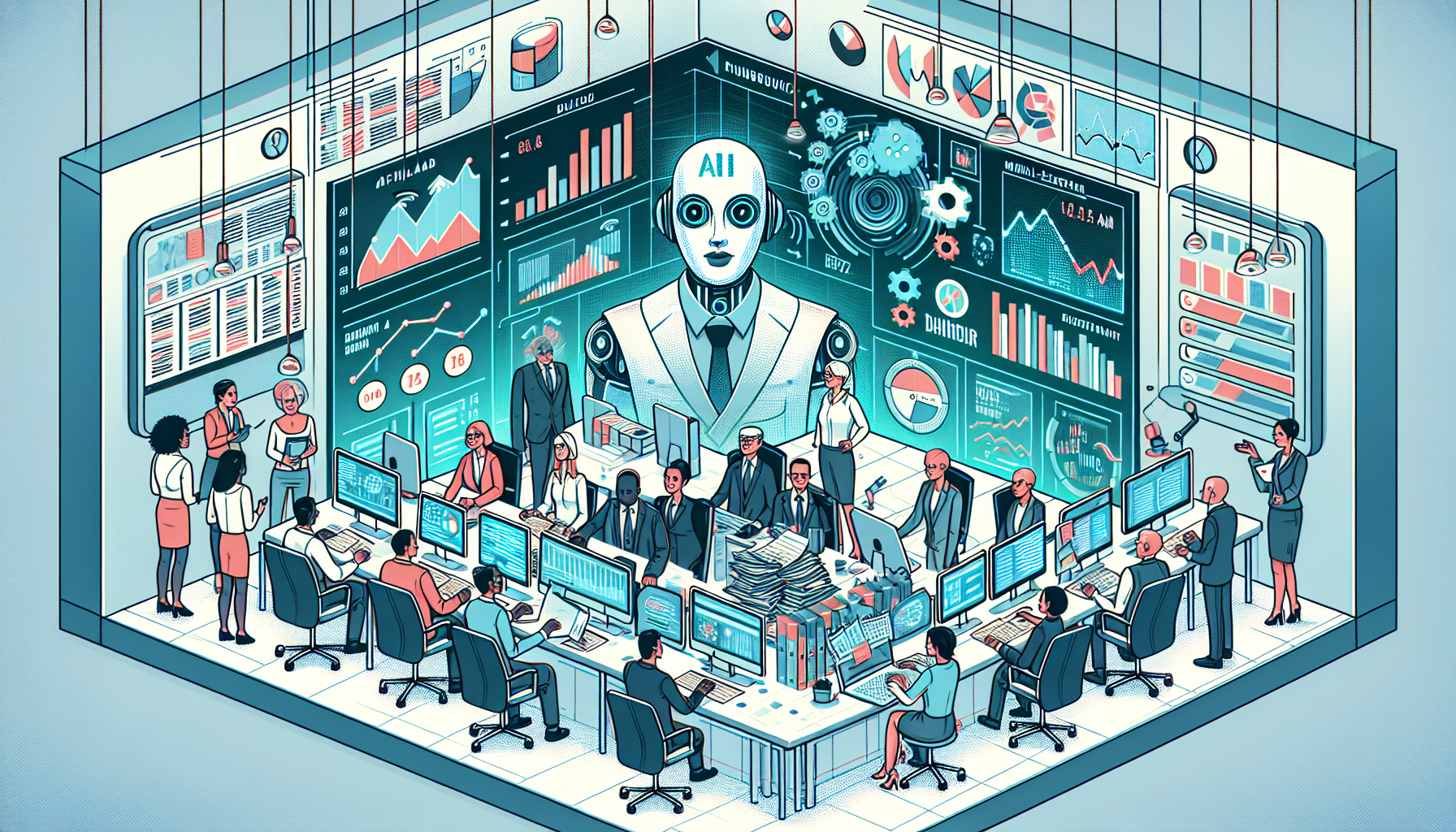German Administration Turns to AI and Bureaucracy Streamlining to Enhance Economy
We independently review everything we recommend. When you buy through our links, we may earn a commission which is paid directly to our Australia-based writers, editors, and support staff. Thank you for your support!
Quick Overview
- Germany is striving to restore its economic competitiveness through AI implementation and decreased bureaucracy.
- Chancellor Friedrich Merz is spearheading a transition from strict fiscal policies to a €500 billion investment in infrastructure and defense.
- Excessive bureaucratic processes are costing Germany €150 billion each year in lost economic output.
- The “modernization initiative” encompasses 23 projects focused on improving daily living and business functions.
- Legislative initiatives aim to cut bureaucratic burdens by 25%, yielding €16 billion in savings.
- Major funding is allocated to nuclear fusion and hydrogen infrastructure ventures.
Germany’s Route to Economic Competitiveness
Guided by German Chancellor Friedrich Merz, Germany is dedicated to recapturing its status as a top global economy. The administration has sanctioned strategies designed to minimize bureaucracy and adopt AI and digital tools to ease business activities.

Modernization Initiative
The forward-looking “modernization initiative” delineates 23 pivotal projects aimed at enhancing daily life for citizens and optimizing business operations. Notable features include a centralized online vehicle registration system and a platform for setting up companies within 24 hours. AI-driven solutions will accelerate court and visa verifications, and foreign qualifications in healthcare will be recognized more quickly.
Tackling Bureaucratic Issues
Germany’s economy contends with substantial challenges, as excessive bureaucracy leads to an estimated €150 billion in lost output annually. The government intends to reduce bureaucratic obligations by 25% over the coming years, which could translate to €16 billion in savings. Chancellor Merz has expressed his intention to present these proposals to the German Bundestag.
Investing in Future Technologies
In an effort to place Germany at the leading edge of technological advancement, the cabinet has approved financial support for a nuclear fusion reactor and a proposed law to facilitate hydrogen infrastructure development by easing bureaucratic hurdles.
Conclusion
Germany, under Chancellor Merz’s leadership, is strategically leveraging AI and streamlining bureaucracy to rejuvenate its economy. Through a thorough modernization initiative and investment in forward-looking technologies, Germany seeks to move past economic stagnation and reclaim its position on the global stage.
